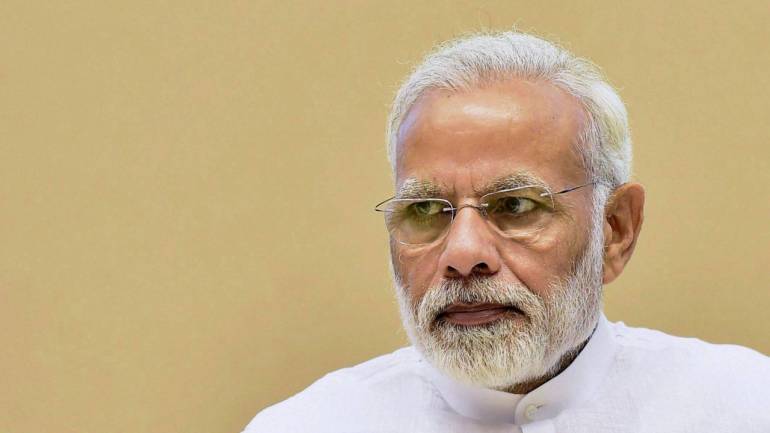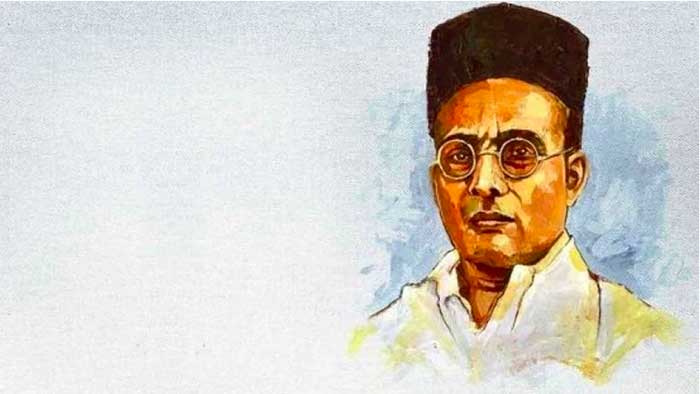
Delhi – Prime Minister Narendra Modi will host a ceremony next week consecrating a temple in Ayodhya to Ram, an avatar of the Hindu God Vishnu. The temple is controversial because it is located on the ruins of the Babri Mosque, which was demolished by a Hindutva mob in 1992. Hindu majoritarian policies have helped Modi’s Bharatiya Janata Party (BJP) achieve dominance by appealing to India’s one billion Hindus, about 80% of the total population. The state-sponsored Ayodhya ceremony risks deepening divisions in society and sparking communal violence.
The destruction of the Babri Mosque incited Muslim protests during which 2,000 people died. In 2002, Modi has a long history of divisive politics. He was chief minister in Gujarat when anti-Muslim riots swept across the state. Modi condoned the violence or, at best, turned a blind eye to the killing spree.
In 2019, the BJP-led government issued a Presidential Order suspending special autonomy for the province of Jammu and Kashmir. Eliminating special status required applying all constitutional provisions for the Muslim majority province. The first Indo-Pakistan war in 1947-1948 divided Kashmir and led to the establishment of the line of control and a permanent state of hostilities. Many Muslim Kashmiris chafe under Modi’s majoritarian rule.
Mahatma Gandhi, revered as the founding father of India, enshrined the principle: “Out of many we are one”. He espoused unity and diversity. Gandhi was assassinated by a Hindu nationalist in January 1948 for agreeing to the creation of Muslim Pakistan. India and Pakistan, both nuclear powers, have fought four wars since independence.
India is the world’s largest democracy. Since 2014, it has been ruled by the BJP that won two national elections. It is poised for another smashing victory when Indians go to the polls in May 2024.
Modi panders to his Hindu base of supporters. Modi has the pulse of the people, appealing to their Hindu pride and Indian nationalism. Despite his autocratic style, he has mollified public opinion by delivering on pledges for economic development, promising more jobs, prosperity and streamlining India’s bloated bureaucracy. India’s growth rate for 2023 exceeds 7 percent. He has appealed to the poor with an anti-poverty campaign, exempting farmers from income tax and bringing plumbing to remote rural areas.
Modi has gained the respect of world leaders. During a state visit to the US, Modi was feted at a state dinner hosted by President Joe Biden. He addressed a joint session of Congress and met US CEOs. A US-India Strategic Partnership was launched, encompassing trade and security issues. India has gained prominence in the US as a counterbalance to China and as a member of the QUAD, a diplomatic partnership between the US, India, Australia and Japan, which emphasizes an open, democratic, stable and prosperous Indo-Pacific.
Biden attended the G20 summit hosted in Delhi by Modi in September 2023. The G20 slogan was taken from the Hindu Upanishads: “The world is one family”. Underscoring his cult of personality, Modi’s photos are plastered on billboards across the country. The G20 was a source of national pride appealing to Indians of all ethnicities and religions.
Despite these successes, India’s international relations are complicated by its neutrality in the Russia-Ukraine war. India resists US pressure, pursuing a policy of non-alignment. India rejects sanctions against Russia, benefitting from the import of Russian oil and gas at a discounted rate. Benefits advance the interests of India’s Hindu majority and industrialists aligned with the government.
Since coming to power in 2014, Modi has strategically consolidated power through a pro-Hindu agenda. However, India’s restive minorities — Muslims, Sikhs, Buddhists, Jains and Christians – are vulnerable without measures to protect and promote their cultural and religious rights. After national elections in May, the 73-year-old Modi will be at a fork in the road.
He can either double down on his pro-Hindu agenda, alienating minorities, or pursue national reconciliation. Without the pressure of reelection, Modi’s legacy as an inclusive Indian leader and global statesman would be served through a more conciliatory approach.
David L. Phillips is an Adjunct Professor at Georgetown University’s School of Foreign Service and a former Senior Adviser to the US Department of State.














































